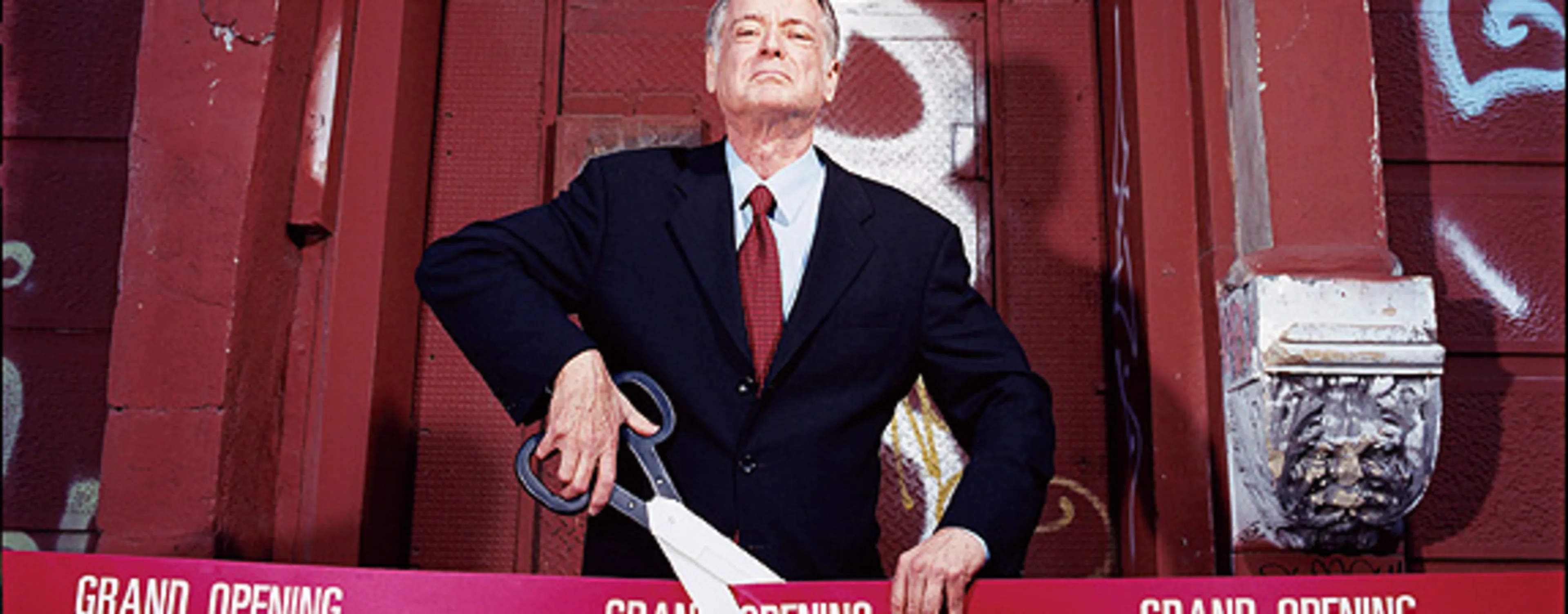In 2002, a then-obscure academic named Richard Florida published The Rise of the Creative Class, which argued that knowledge workers were attracted to cities that offered the rare combination of “technology, talent, and tolerance,” and that high-paying jobs and economic vitality were following them to these hubs of creativity.
The book became an unlikely best-seller, turning Florida into the world’s most renowned professor of regional economic development. He has since penned a follow-up, The Flight of the Creative Class–which posits that the United States stands to lose global talent to countries that are more open and inclusive–and he’s now working on a third book about how people choose where they live.
But nearly five years later, it’s still Florida’s original conceit that has legs. Everywhere you look, cities big and small are trying to get in touch with their inner Austin. Consider what’s brewing in Fresno, California, where city leaders have hired a film commissioner and are considering an independent film festival: Directors would arrive on a Monday, be handed a video camera, and have six days to make their movie. Even more ambitious might be Aberdeen, South Dakota, a small city of 24,658 that sits 200 miles north of Sioux Falls. Aberdeen is contemplating (among other ideas) an international extreme-sports competition to draw attention to its prime snowmobiling location. It has created a slick Web portal showcasing cultural and recreational happenings and dangled a $5,000 prize for residents who lure family members back home. “We’re just trying to tighten our game plan,” says Trishna Batra, executive director for Absolutely Aberdeen, the group heading up the town’s foray into the global talent war.
In fact, the escalating race to attract a creative class has birthed a cottage industry of consultants charging six-figure sums to assess a city’s potential. Those would include Florida himself, whose consulting firm, Catalytix, has done work in Tampa, Montreal, and Syracuse, among others. “The [pursuit of the] creative class has become a cliché of contemporary urban regeneration,” says Jamie Peck, a professor of geography and sociology at the University of Wisconsin-Madison.
